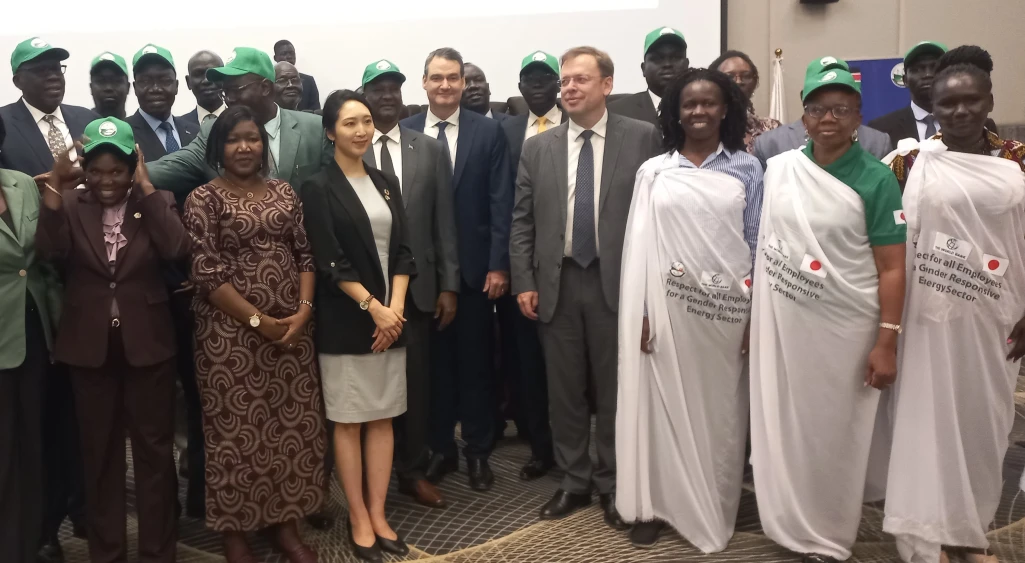
Launched by
the Ministry of Energy and Dams in Juba on Thursday, the South Sudan Energy
Sector Access and Institutional Strengthening (ASSIST) project is a significant
effort meant to improve energy availability all throughout the nation.
Since gaining
independence in 2011, South Sudan's journey to sustainable development has been
hindered by corruption and poor infrastructure, particularly in connecting
urban and rural areas.
The country
also struggles with a lack of reliable electricity.
According to
South Sudan Electricity Access, only 8.40% of the population had access to
electricity in the country in 2022.
Speaking at
the launch, Peter Marcello Nasir, the Minister of Energy and Dams, highlighted
the project’s key objectives, which include expanding the electricity network
in urban areas like Juba and rural regions such as Yei and Upper Nile.
“It aims to
provide diversification and expansion of the electricity network in Juba and
vicinity areas, installation of mini-grid pylons systems in Yei, and off-grid
electrification of health and selected public institutions through standalone
solar systems in Upper Nile regions and providing technical assistance and
capacity building to the energy sector,” Marcello said in Juba on Thursday.
“Through this
project, we aim to provide electricity access to thousands of households, small
and medium businesses, and education and health facilities, thereby
transforming lives, driving economic growth, and empowering communities.”
The minister
also stressed the importance of financial and political backing for the
development of infrastructure in the country.
“I would like
to emphasize that the power sector infrastructure development in South Sudan
can only be well-developed if the sector is provided with adequate financial
and strong political support,” he added.
The project
is supported by the World Bank Groups and the Japanese government.
With a total
budget of $53 million and a five-year implementation period, the project became
active on February 28, 2024.
The project
is expected to benefit 50,000 households and provide electricity to 90 selected
health and public institutions.
Aya Oguri,
Head of Development and Cooperation at the Embassy of Japan in South Sudan,
reaffirmed Japan’s commitment to supporting South Sudan’s sustainable
development.
“I would like
to reaffirm Japan's unwavering commitment to being a reliable partner for South
Sudan. Our cooperation is founded on mutual respect and shared goals and will
continue to support South Sudan's journey for sustainable development,” Oguri
stated.
Charles
Undeland, country manager for the World Bank Groups in South Sudan, underscored
the critical role electricity plays in economic growth.
“Lack of
power; if there's not the power, there's not going to be growth. There's not
going to be inclusive growth. Power is one of the fundamental ingredients for
the country to move ahead, for people to build their businesses and
livelihoods. To access power, it needs to be affordable,” Undeland noted.
With this $53
million initiative, South Sudan is well-positioned to significantly advance
energy access, enhance infrastructure, and promote sustainable growth
throughout the country.